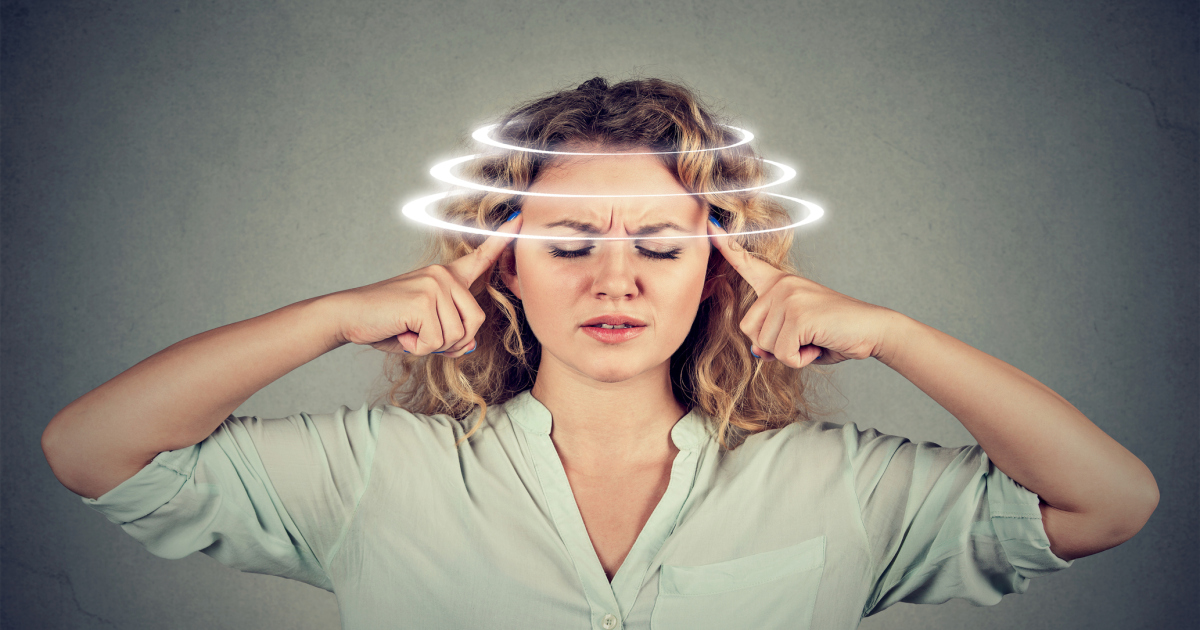Side Effects Of Melatonin Supplements
Melatonin, which the pineal gland produces, is involved in the regulation of circadian rhythm, blood pressure, and body temperature. Patients often choose to take melatonin supplements to help with insomnia, jet lag, and sleep disturbances, and research indicates these supplements may also be useful for the treatment of seasonal depression, stomach ulcers, heartburn, and tinnitus. Melatonin supplements are available without a prescription, and the suggested dose for adults ranges from one to six milligrams. The supplements can be taken as liquids, tablets, or gummies. Although considered generally safe, patients could experience side effects from melatonin. For example, children could have bedwetting, and the supplements may put them at an increased risk of seizures. Adults have reported irritability, anxiety, daytime drowsiness, and stomach pain while taking melatonin supplements. Melatonin should not be taken with caffeine or alcohol, and patients who take blood thinners, sedatives, or other prescription medicines should check with their doctor to find out if it is safe for them to use melatonin.
The most common side effects of melatonin supplements are discussed below.
Nausea

Some patients have reported nausea while taking melatonin. This side effect is characterized by an uncomfortable sensation in the stomach, and it can occur with or without the urge to vomit. Nausea may be exacerbated by eating too much or too little, and stress can make it worse as well. If nausea occurs, individuals might find it helpful to go outside to get fresh air, and experts recommend avoiding strong odors and flavors. Soft, bland foods are suggested, and eating smaller meals could help. Some patients find ginger and peppermint help ease nausea, and most cases resolve on their own within a few hours. If nausea persists for several days or occurs in conjunction with diarrhea, the patient should make an appointment with their primary care provider. Urgent medical attention is necessary for nausea accompanied by abdominal pain, chest pain, shortness of breath, or signs of dehydration such as dry lips and sunken eyes.
Uncover the next side effect of melatonin now.
Dizziness

Dizziness is a feeling of unsteadiness or lightheadedness, and it can sometimes develop as a side effect of melatonin use. Patients with dizziness might feel like the room is spinning in circles around them, and they could also experience anxiety. To reduce the risk of a fall, the patient should sit or lie down until the dizziness passes, and it may help to drink a cold drink. Getting sufficient sleep and avoiding alcohol and caffeine could prevent dizziness from getting worse. If dizziness is accompanied by vision changes, hearing loss, or ringing in one or both ears, the patient should see a physician, and a doctor's appointment should also be made if dizziness keeps coming back. Patients who have dizziness along with chest pain, vomiting, shortness of breath, or a severe headache should receive emergency medical attention. Doctors will ask the patient about when the dizziness began, how long it has been going on, and if anything makes it better. Patients should let the medical team know about all medications they take, including melatonin supplements and other dietary supplements, vitamins, minerals, or herbs. MRI scans and CT scans may be ordered to rule out serious causes of dizziness, and patients might need to undergo rotary chair testing, eye movement testing, and posturography testing as well. Dizziness caused by melatonin supplements typically resolves once the supplements are discontinued, and patients who continue to experience dizziness may be offered prescription antihistamines or anticholinergics.
Read more about the potential side effects of melatonin now.
